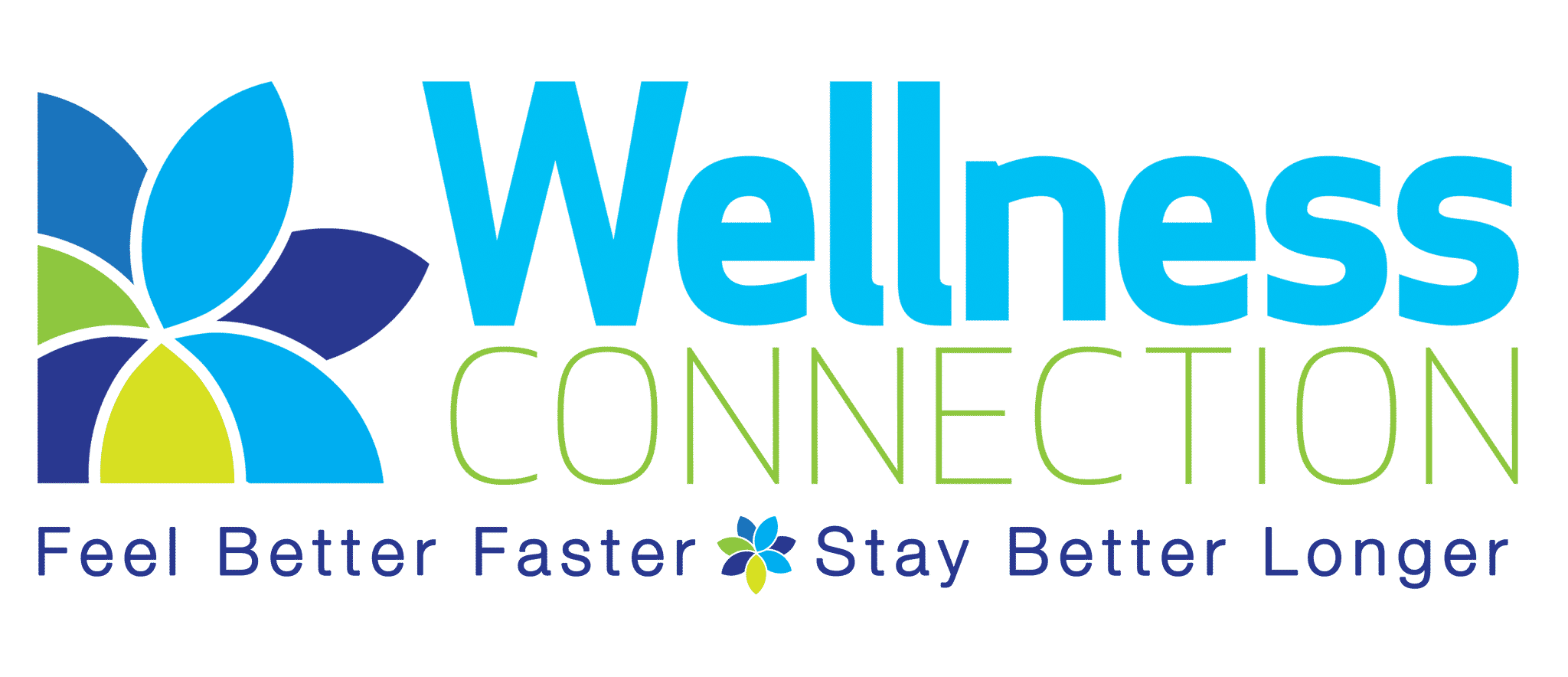Why Remote Therapy is a Great Option for Seniors

Therapy is an important resource for helping seniors live a happy, healthy life. In addition to common issues like depression and anxiety, seniors face unique life transitions like switching from a professional life to retirement. But challenges like social distancing, lack of transportation, and assisted living situations can make attending traditional, in-office therapy sessions difficult.
In this blog, we take a look at how remote, phone- and video-based therapy sessions offer a high-quality, flexible, and accessible mental health resource for seniors.
Remote therapy is not only a great way to find COVID-friendly care, but a great option for seniors to start building a long-term relationship with a therapist.
Seniors face many life changes, like adapting to retirement, navigating health-related stress, and adjusting to the loss of loved ones. Meanwhile, COVID has made it harder to spend quality time with friends, family, and other valued support networks, which can lead to feelings of isolation. When navigating these and other challenges, therapy is an essential resource. From building strategies for overcoming depression and anxiety to helping adjust to a new lifestyle, therapy can help provide the skills and support seniors need to continue thriving.
For seniors, however, attending regular in-office therapy sessions isn’t always easy. For those with mobility limitations, simply arranging transportation can turn into a prohibitive obstacle. Finding a therapist has always been especially tricky for those living in rural areas or smaller towns. Now, COVID has introduced additional complications: many seniors have pre-existing vulnerabilities that demand careful social distancing. And for seniors, just like younger patients, it’s not always easy to overcome our natural inertia and seek out the help we need. Having a convenient option that fits current lifestyle needs can make it much easier to get started.
Fortunately, based on our experience working with senior patients, remote video- and phone-based therapy sessions offer a flexible, accessible solution that directly addresses the challenges discussed above. In addition to helping deliver COVID-friendly therapy, remote therapy is a great long-term option as well.
We think these remote options are a powerful part of the future of mental healthcare: it’s easier than ever for seniors everywhere to begin benefiting from therapy. The advent of quality remote therapy options isn’t just a temporary solution, but a real opportunity for more seniors to get the help they need. The flexibility of this option is helping many new patients access to therapy for the first time.
Important Benefits of Remote Therapy for Seniors
-
Senior patients can attend remote therapy sessions using an easy-to-use app: no complicated technology skills required.
-
Sessions can be attended from home or any other living situation.
-
Senior patients don’t have to worry about transportation or social distancing.
-
Patients are free to pick a therapist that feels right for them, without being constrained by geography.
For a deeper look at the pros and cons of remote therapy, please see our blog here.
Learning More About Remote Therapy with the Wellness Connection
The Wellness Connection responded quickly to the COVID crisis to develop a high-quality remote therapy model. We employ software that allows us to conduct fully HIPAA compliant virtual therapy sessions using both phone and video. Our system makes it easy for patients to view records, manage billing, and submit insurance claims.
Since then, we’ve seen how remote therapy has not only helped maintain therapy for existing patients during this crisis, but helped many new patients begin benefitting from regular therapy sessions. And we’re especially excited to see the incredible potential this new approach has for helping seniors access the care they deserve.
We would love to speak with any seniors searching for remote therapy options.
If you’re interested in exploring options for remote therapy, please give us a call at (703) 327-0335 or send us an e-mail.



